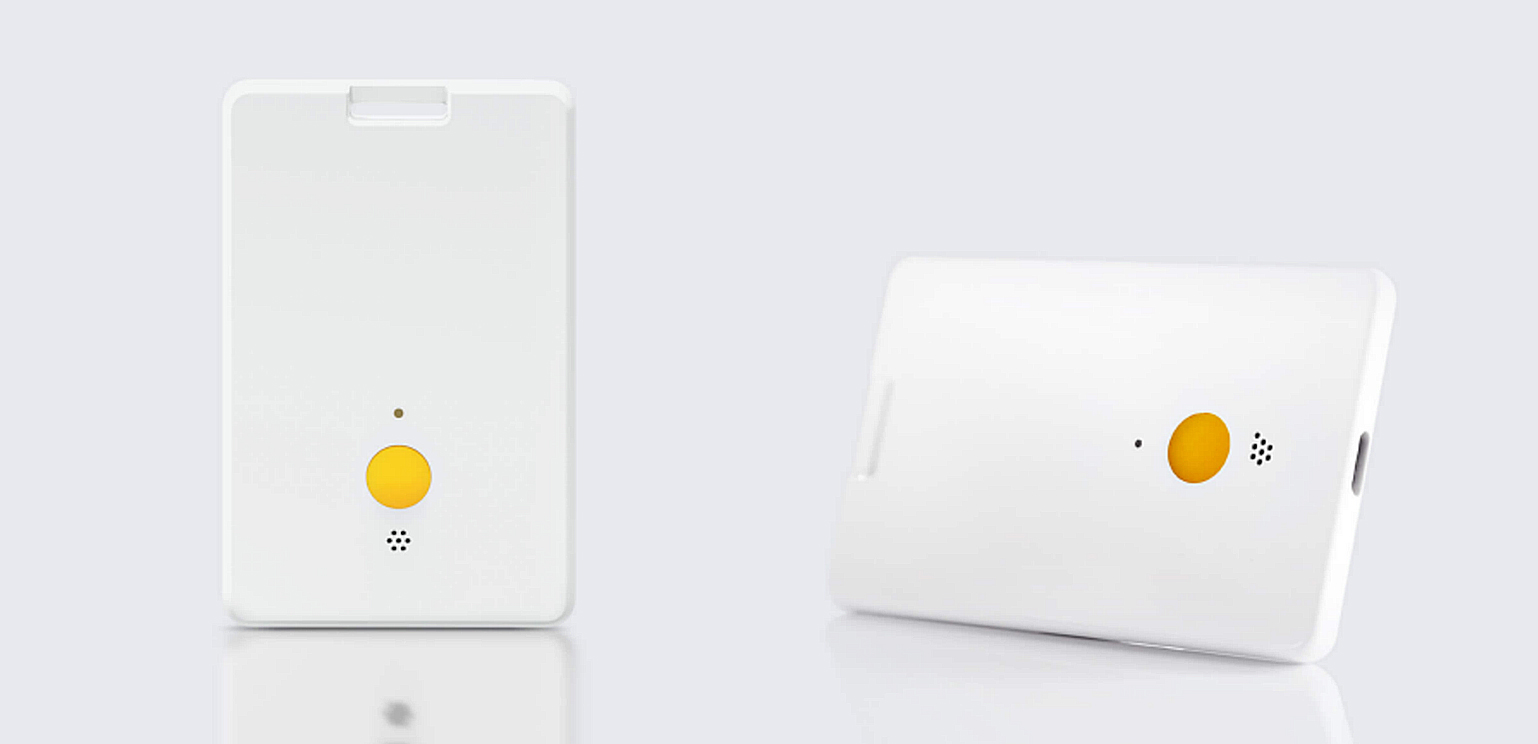Are you looking for a comprehensive guide to the top functions of Blueiot’s RTLS tags? Look no further! In this blog post, we will explore everything you need to know about these cutting-edge devices and how they can revolutionize your business operations. From real-time location tracking to asset management and beyond, these tags offer an array of innovative features that can enhance efficiency and productivity in any industry.
Introduction to Blueiot's RTLS Tags
If you’re looking for an RTLS solution that offers all of these benefits and more, Blueiot’s RTLS tags are a great option to consider. As the name suggests, Blueiot’s RTLS tags are designed for real-time location tracking. By affixing these tags to assets, people, or equipment, you can wirelessly track their whereabouts in real time.
How Do RTLS Tags Work?
First, let’s take a look at how RTLS tags work. Essentially, these tags use Angle-of-Arrival (AoA) technology to emit signals. These signals are then received by Blueiot’s network of anchors, which are strategically placed throughout the coverage area. The AoA engine then calculates and determines the tag’s location with a sub-meter level of accuracy. This information is then passed on to the Blueiot software platform for
diaplay.

What Are the Different Functions of RTLS Tags?
Blueiot’s RTLS tags come with a wide range of features and functions that can be used in a variety of different industries and applications.
Asset Tracking: Blueiot’s RTLS tags can be used to track the location of assets in real time, allowing you to quickly locate missing or misplaced items. This is especially useful in large facilities where it can be difficult to keep track of inventory.
Safety & Security: The real-time tracking capabilities of Blueiot’s RTLS tags can also be used for safety and security purposes. For example, the tags can be used to monitor the location of employees in hazardous areas or to track high-value assets to prevent theft or loss.
Employee & Patient Location Tracking: RTLS tags can also be used to monitor the location of employees and patients in real time. This enables facilities to quickly locate a person if they are in need of assistance or to ensure that employees are following safety protocols.
Conclusion
In conclusion, Blueiot’s RTLS tags are a powerful and effective tool that can be used to track and manage assets in real time. Through this comprehensive guide, we have explored the top functions of these tags to give you an insight into their capabilities. Whether you’re looking for a way to improve your asset tracking processes or just want more efficient control over your inventory, Blueiot’s RTLS tags could be the solution you need. So do not wait anymore. Contact us today for more information!